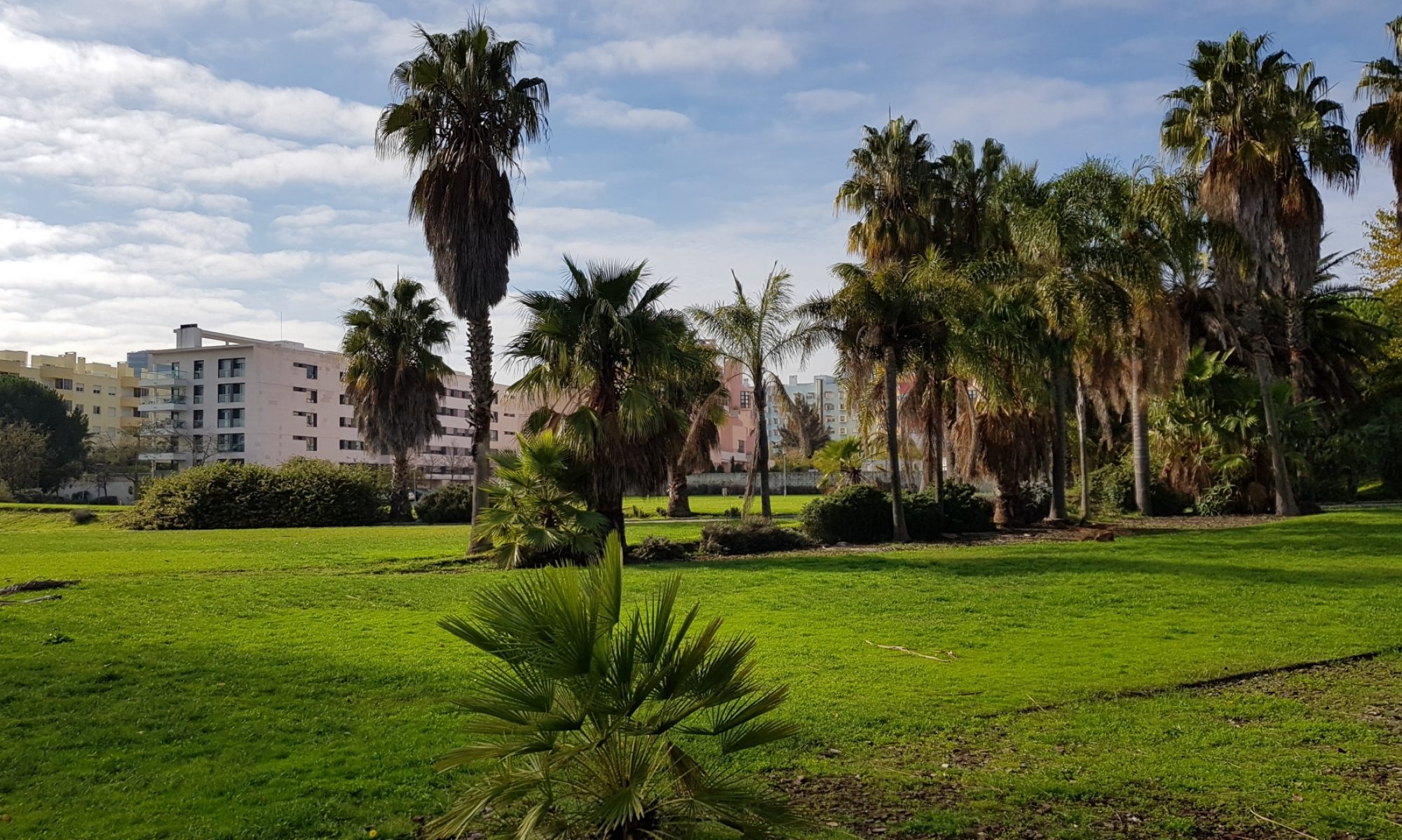/
The adagio that we cannot solve our societal problems with the same methods that (facilitate to) create them is well known. The vision that inspiration and motivation for ‘new methods’ need to come from deeper thinking about who we are as individuals and groups and about how to deliberate these problems and live together is less popular. This vision is the point of departure of the New Humanism project, and it thereby deliberately distinguishes the political from the social context.
The idea is that, for the political, in order to tackle societal problems such as climate change, poverty and the various forms of social oppression, we first need to rethink and reform the formal methods we use to make sense of our coexistence, namely the methods of education, scientific research and democracy. Second, but not least, there is an urgent need to reconsider the modern conformist patterns aimed to ‘order’ our social relationships, as they alienate the human being from what love can and should be: a compassionate love for the other, based on a reflexive self-care, while accepting the ethics and aesthetics of ambiguity of that connectedness.
Why would we need a ‘new humanism’ for this? What’s wrong with the old one? We aim to present here a vision on our individual and collective being and capacity transcending the one that emerged as a reaction against oppression by the pre-modern elites of emperors and priests. While liberating ourselves from this oppression was of course a good thing as such, throughout the following ages of social, scientific and technological progress, humanity has built up a self-confidence leading to the current ‘hyper-rationality’ driving education, science, economics, politics and even our social and love relationships today. In that sense, the New Humanism Project explores a new way of looking at the problems the world is facing. It rejects cynical post-whatever defeatism as well as ‘back to the good old and simple times’ nostalgia. Alternatively, we want to present an ‘ethics of care’ view on who we are, what we can know and should know and how we can deliberate the issues, and we believe this view is essential for how we organise our coexistence.
Read a general introduction to the why of this endeavour here.
We invite everyone to join the dialogue, whatever background, expertise or orientation. Go to the forum if you want to jump into it right away or contact us if you have specific ideas or proposals.
